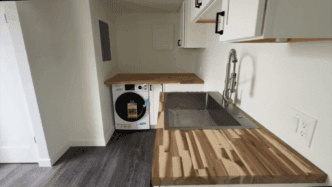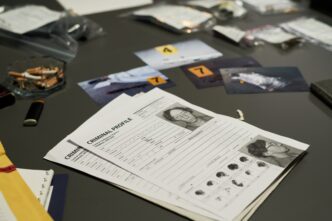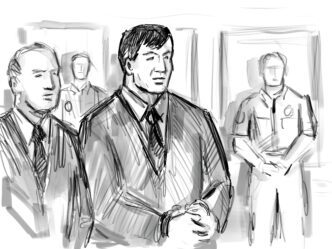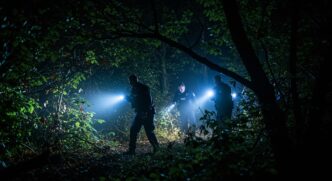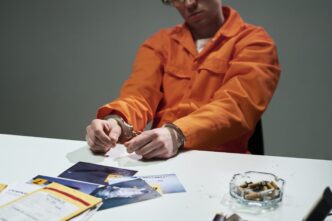In the aftermath of Hurricane Milton, South Florida communities are grappling with recovery, and nonprofits are stepping in to provide essential support.
In October, Hurricane Milton unleashed destructive tornadoes across South Florida, leaving numerous residents without homes. Project LIFT, a nonprofit that focuses on assisting at-risk youth, is playing a crucial role in providing temporary shelter for those affected. The organization has embarked on a mission to construct tiny houses for families who lost their homes, offering a sense of relief as they await more permanent solutions.
According to Robert Zaccheo, CEO of Project LIFT, each tiny house covers 240 square feet at the bottom, expanding to 426 square feet with the upper floors, providing space for up to two bedrooms. The project is not only about restoring shelter but also about engaging local teens in meaningful activities, as Zaccheo noted, ‘There’s probably between six and 10 individually different teens that work specifically on this house alone.’
Two neighborhoods in Port Saint Lucie suffered significant damage, with homes losing roofs and doors. As Project LIFT initiated the tiny houses’ construction, other nonprofits joined the cause. They collaborated to offer supplies and solutions, aiming to rebuild the community’s spirit and infrastructure. Casey Cass, CEO of a community service organization involved in the efforts, highlighted the unexpected scale of their involvement, stating, ‘We thought we were just going to do, you know, some scholarships and some fun events, but it turned into a pretty major effort.’
These tiny homes are equipped with necessary amenities, including inline hot water heaters for washers and dryers, easing the transitional period for families. The construction of each house is an expensive endeavor, with costs reaching up to $115,000, but the value extends beyond dollars into the community’s heart. Zaccheo emphasized the dual goal of improving young people’s mental health and providing community support, stating, ‘To fundamentally get a person to change, they have to understand that they’re not takers, but they’re givers.’
Cass expressed a personal connection to the mission, sharing his background, ‘I came from a family of nine, and I wouldn’t be where I am now if people hadn’t reached out at different times in my life.’ As of now, two tiny homes have been completed, with hopes for more as additional funding becomes available.
The collaborative efforts of Project LIFT and partnering nonprofits demonstrate the power of community action in times of crisis, providing not only immediate aid but fostering long-term resilience.
Source: Wsvn

